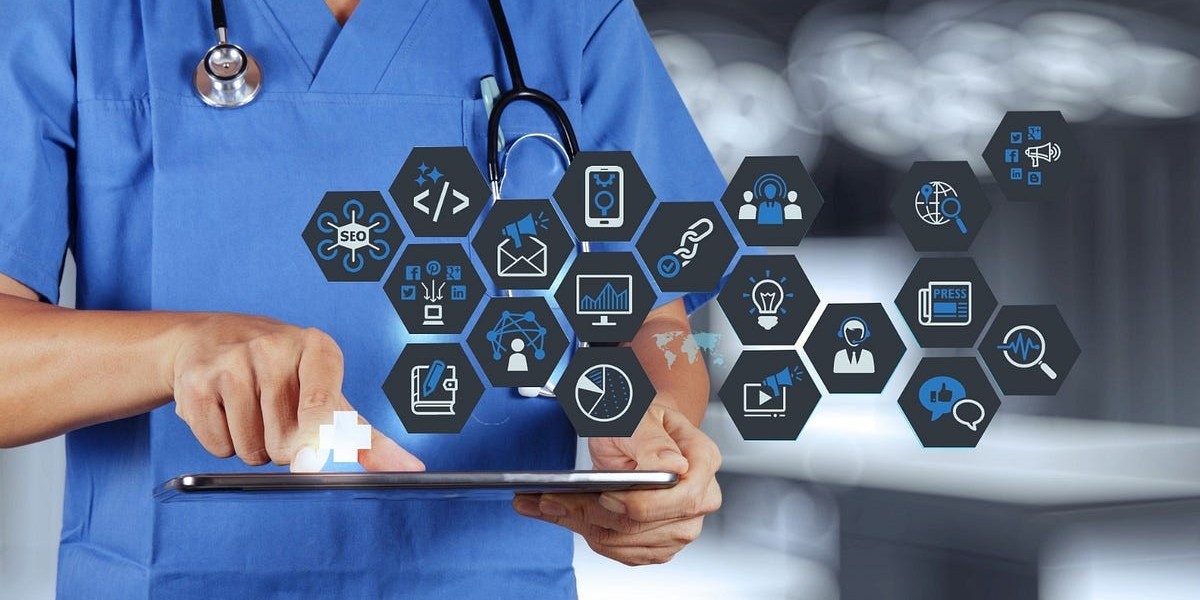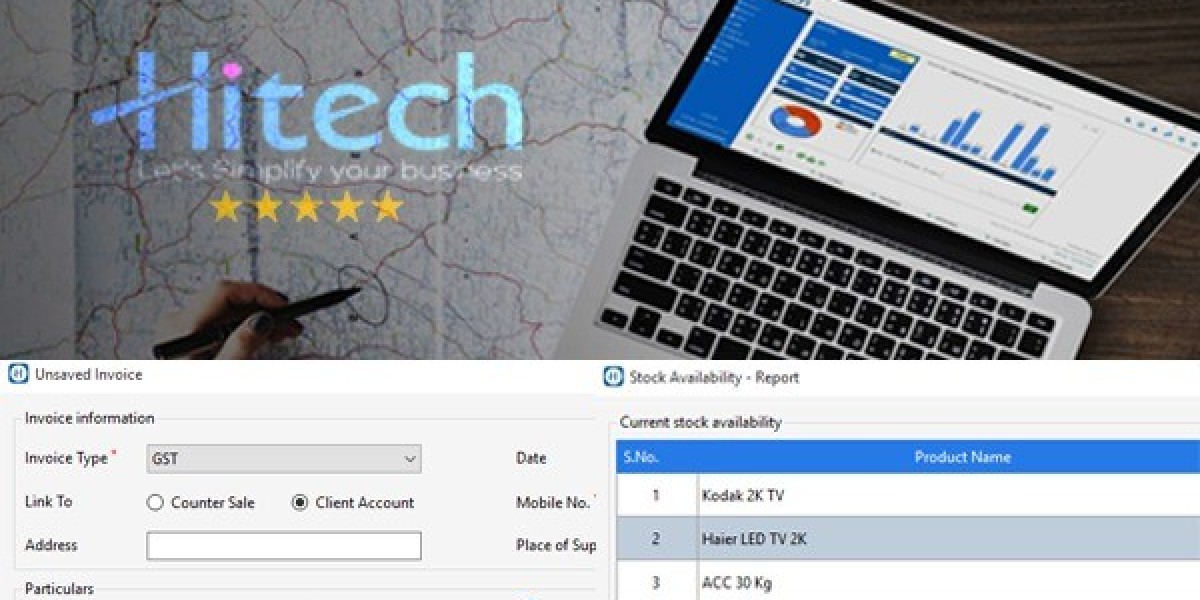mHealth Companies Overview:
In recent years, the healthcare landscape has been undergoing a significant transformation with the advent of mobile health (mHealth) technology. These advancements are not only reshaping how individuals access healthcare services but also revolutionizing the way healthcare professionals deliver care. At the forefront of this revolution are mHealth companies, which leverage mobile devices and wireless technologies to enhance patient care, improve health outcomes, and streamline healthcare processes. In this article, we'll explore the role of mHealth companies in shaping the future of healthcare.
What are mHealth Companies? mHealth companies are organizations that develop and offer mobile health solutions, including applications, wearable devices, remote monitoring systems, and telehealth platforms. These companies harness the power of smartphones, tablets, and other portable devices to deliver healthcare services remotely, enabling patients to manage their health more effectively and access care from virtually anywhere.
Key Areas of Focus:
- Remote Patient Monitoring: mHealth companies are pioneering remote patient monitoring solutions that allow healthcare providers to track patients' vital signs, symptoms, and medication adherence in real-time. This technology is particularly beneficial for individuals with chronic conditions such as diabetes, hypertension, and heart disease, enabling early intervention and preventing complications.
- Telemedicine and Telehealth: Telemedicine platforms developed by mHealth companies enable virtual consultations between patients and healthcare providers, eliminating geographical barriers and improving access to care. These platforms support video conferencing, secure messaging, and electronic health record integration, facilitating seamless communication and collaboration among care teams.
- Health and Wellness Apps: mHealth companies offer a plethora of health and wellness apps designed to empower individuals to take control of their health. These apps may include fitness trackers, nutrition planners, meditation guides, and symptom checkers, providing personalized recommendations and actionable insights to promote overall well-being.
- Electronic Health Records (EHR) Integration: Many mHealth companies develop solutions that seamlessly integrate with existing electronic health record systems, allowing for the secure exchange of patient information and facilitating care coordination among providers. This interoperability enhances efficiency, reduces errors, and improves continuity of care.
- Data Analytics and Artificial Intelligence: Leveraging advanced analytics and artificial intelligence, mHealth companies analyze vast amounts of health data to derive valuable insights into patient populations, disease trends, and treatment outcomes. These insights enable healthcare organizations to make data-driven decisions, tailor interventions to individual needs, and optimize resource allocation.
https://brandessenceresearch.com/blog/covid-19-update-top-five-mhealth-company-market-2020
Examples of Leading mHealth Companies:
- Teladoc Health: Teladoc Health is a global leader in telehealth services, offering virtual consultations with board-certified physicians, psychiatrists, and other healthcare professionals via its secure platform. The company's comprehensive suite of telemedicine solutions spans primary care, mental health, dermatology, and chronic care management.
- Fitbit (now part of Google): Fitbit is renowned for its wearable fitness trackers and health monitoring devices, which track users' activity levels, sleep patterns, heart rate, and other health metrics. With its user-friendly app and community features, Fitbit encourages individuals to adopt healthy behaviors and stay motivated on their wellness journey.
- Doximity: Doximity is a professional networking platform specifically designed for healthcare professionals, offering secure messaging, medical news updates, and clinical collaboration tools. Physicians can use Doximity to connect with colleagues, share patient information, and stay informed about the latest medical developments.
- Omada Health: Omada Health specializes in digital therapeutics for chronic disease management, with programs targeting conditions such as diabetes, hypertension, and obesity. Through personalized coaching, behavior tracking, and peer support, Omada helps individuals make sustainable lifestyle changes and improve their health outcomes.
Conclusion:
mHealth companies are driving innovation in healthcare delivery, empowering individuals to proactively manage their health and enabling providers to deliver care more efficiently and effectively. As mobile technology continues to evolve, the potential for mHealth solutions to improve patient outcomes, reduce healthcare costs, and enhance the overall quality of care is virtually limitless. By embracing these advancements, stakeholders across the healthcare ecosystem can collaborate to create a healthier, more connected future for all.


